Unlocking the benefits of the plant compound Isoflavones
Unlocking the benefits of the plant compound Isoflavones
Isoflavones, plant-based compounds with potential health benefits, may support heart health heart health, bone density and more. Soybeans are rich in Isoflavones, explore and try incorporating soy foods into your diet.
Isoflavones are a type of phytoestrogen. Isoflavones are plant-based compounds that have a structure similar to the hormone estrogen and can bind to and activate estrogen receptors in body.
In the human diet, the main sources of isoflavones are soybans and soy-derived products. The content of isoflavones in soybeans is approximately 1.5mg/g, whereas the contents in soy-derived foods are usually lower. Other dietary sources of isoflavones include chickpeas and beans, and small amounts of isoflavones are also contained in other plant products, such as fruits, vegetables, and nuts.

Đậu nành
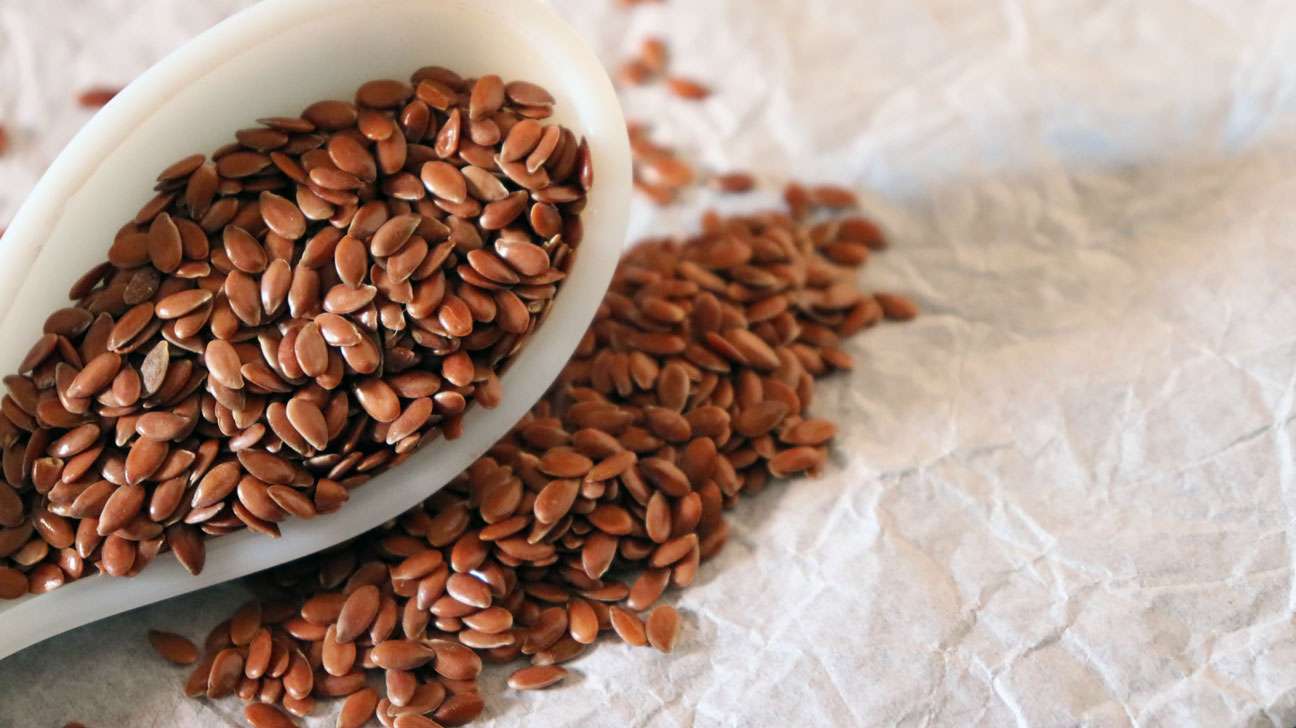
Hạt lanh
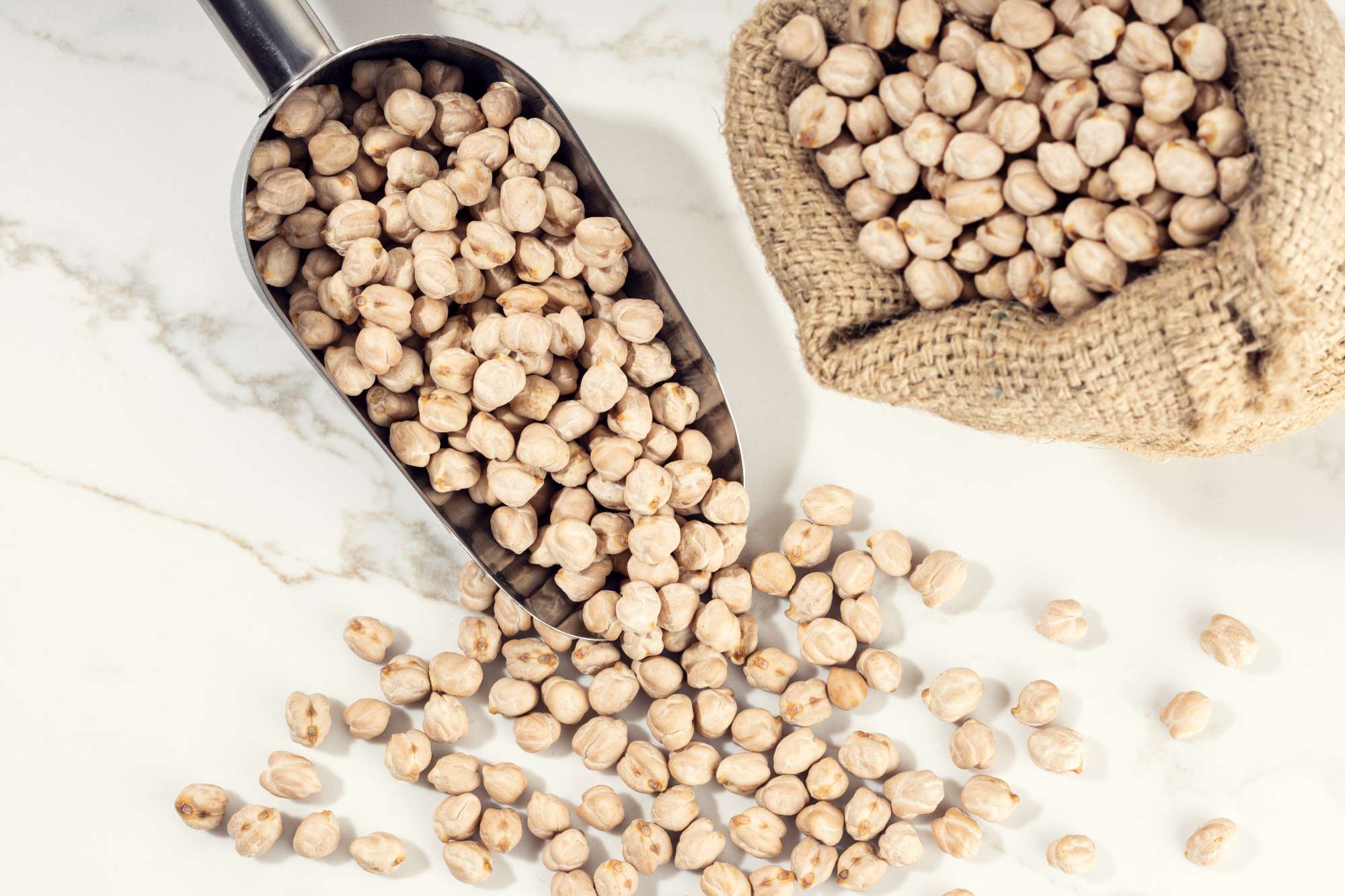
Đậu gà
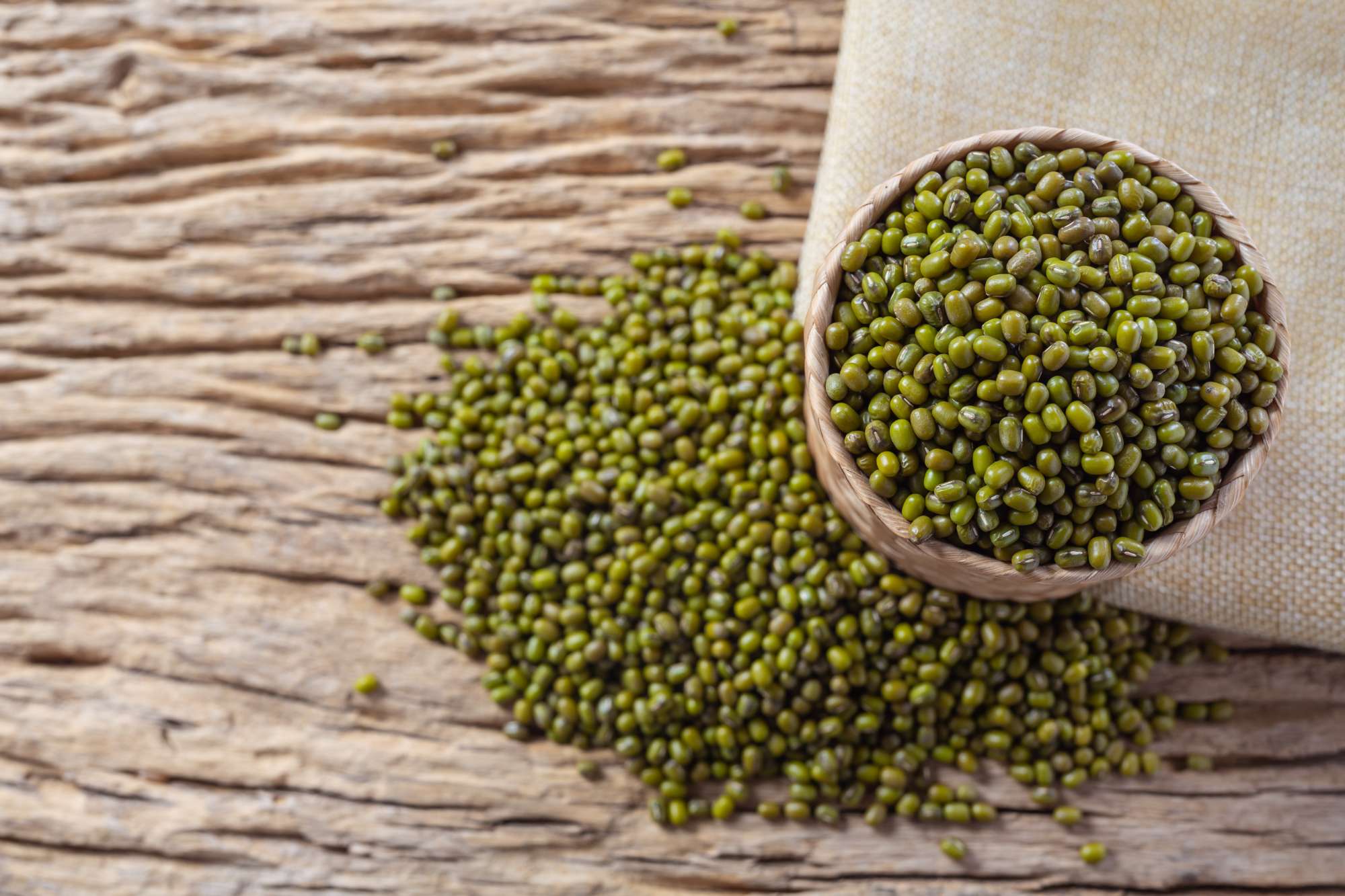
Mung beans
KEY CHARACTERISTICS OF ISOFLAVONES
Weak estrogenic activity. While Isoflavones mimic the action of the hormone estrogen, but Isoflavones effects are much weaker.
1. Reduce menopausal symptoms:
When we eat foods that contain Isofavones, for example soybeans, bacteria in our intestines break it down into its more active forms. In our body, receptors are like docking stations on the surface of cells, when isoflavones bind to some receptors, they mimic the effects of estrogen, at the same time they block estrogen’s effects.
When isoflavones mimic estrogen, they might help reduce hot flashes and other symptoms of menopause.
2. Prevent osteoporosis:
These compounds have been linked to various health benefits, particularly for women. Specifically, they may help combat bone loss and protect against osteoporosis in postmenopausal people.
During menopause, estrogen levels in the body decline. This drop in estrogen can lead to bone being broken down faster than it can be formed, resulting in an increased risk of osteoporosis.
Researchs suggest that soy isoflavones may help combat this loss of calcium from the bone and reduce the rate of bone turnover. It’s currently thought that 40–110 mg of soy isoflavones per day for at least a year may help combat bone loss and protect against osteoporosis. Keep in mind that more research is needed on differences in dosage requirements across various age groups and ethnicities, the duration of supplementation, and the form used.
3. Antioxidant properties:
Isoflavones help protect cells from damage caused by free radicals. Some studies have even suggested that isoflavones may help prevent heart disease or have cancer-fighting properties.
4. Benefit Heart Health:
While the research is still evolving, there's promising evidence suggesting that isoflavones may contribute to heart health. Some potential benefits include:
- Cholesterol Reduction:
Some studies suggest that isoflavones can help lower LDL (bad) cholesterol levels, a key risk factor for heart disease. They may also increase HDL (good) cholesterol.
- Blood Pressure Regulation:
There's evidence to suggest that isoflavones might contribute to lower blood pressure, another crucial factor in heart health.
However, it's important to note that the evidence is not conclusive, and more research is needed. Consuming soy-based foods as part of a balanced diet is generally considered beneficial for heart health, but the specific role of isoflavones in isolation is still under investigation.

Quả mọng: dâu, nho, mơ
SAFE USE TIME
When ingested on a short-term basis (up to six months in duration), soy is considered possibly safe. Common side effects may include:
- GI upset
- Constipation
- Diarrhea
- Allergic reactions
POSSIBLE SIDE EFFECTS OF ISOFLAVONES
Most of the side effects of isoflavones are associated with long-term use of supplements and not from dietary sources such as soy products.
Some data shows that there is a link between long-term soy consumption and Kawasaki disease (KD). This is because of soybeans isoflavones play a role.
Another study discovered that exposure to soy-based infant formula resulted in negative effects on the long-term development of infants.
Animal studies have shown that the isoflavone genistein may have adverse effects on the developing reproductive system of assigned females.
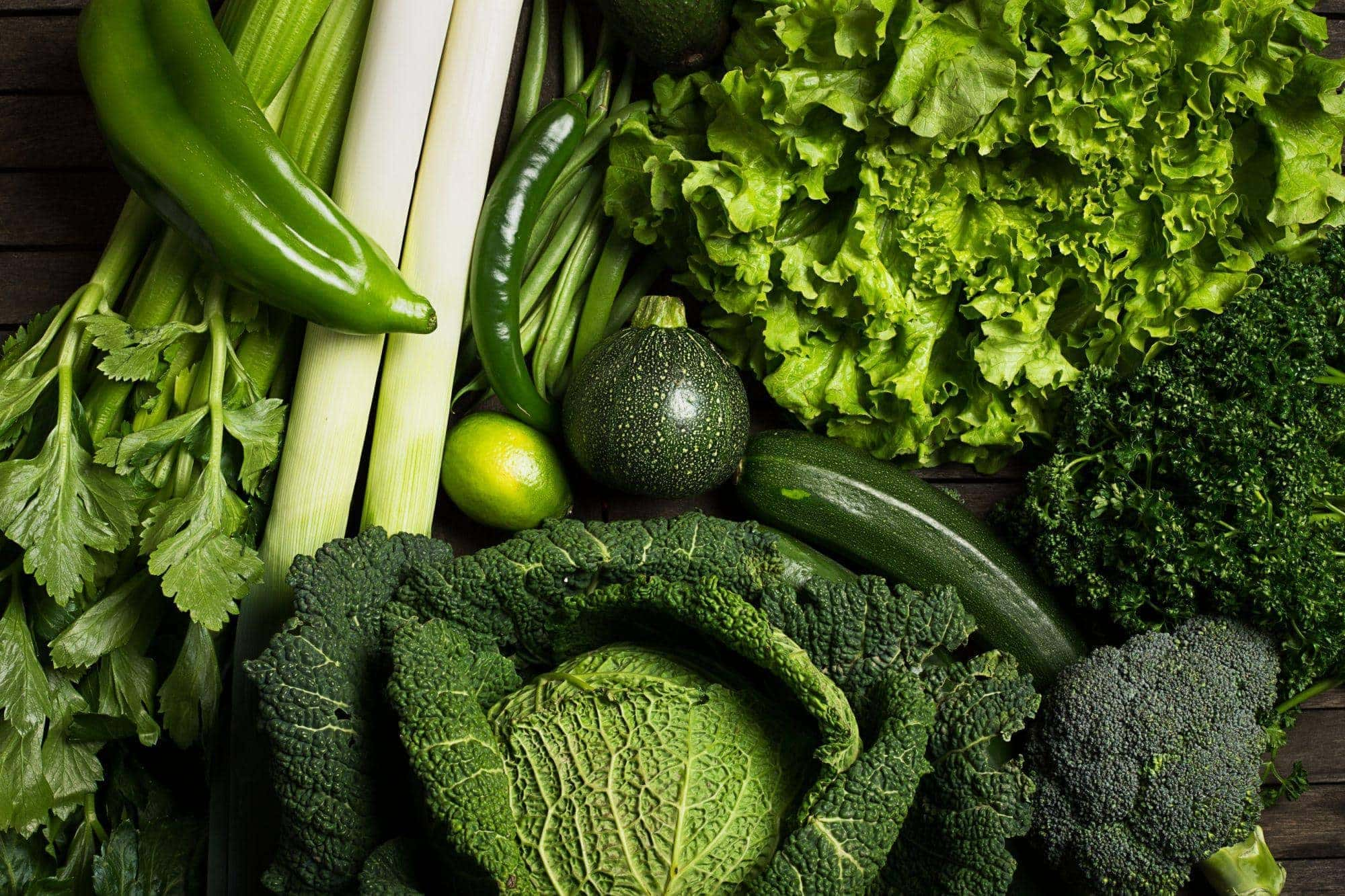
Green vegetables like spinach, kale, collard greens...
PRECAUTIONS AND CONTRAINDICATIONS
There are precautions associated with soy products and isoflavones:
- There is not enough clinical research data to support the safe use of soy products when pregnant or breastfeeding, particularly at higher doses.
- Those with breast cancer should discuss the use of isoflavone supplements with their oncologist or healthcare provider since it is still uncertain whether they are safe in this situration.
- Soy may alter thyroid function in people with iodine deficiency.
Compiled and written by Crocus Media
Products
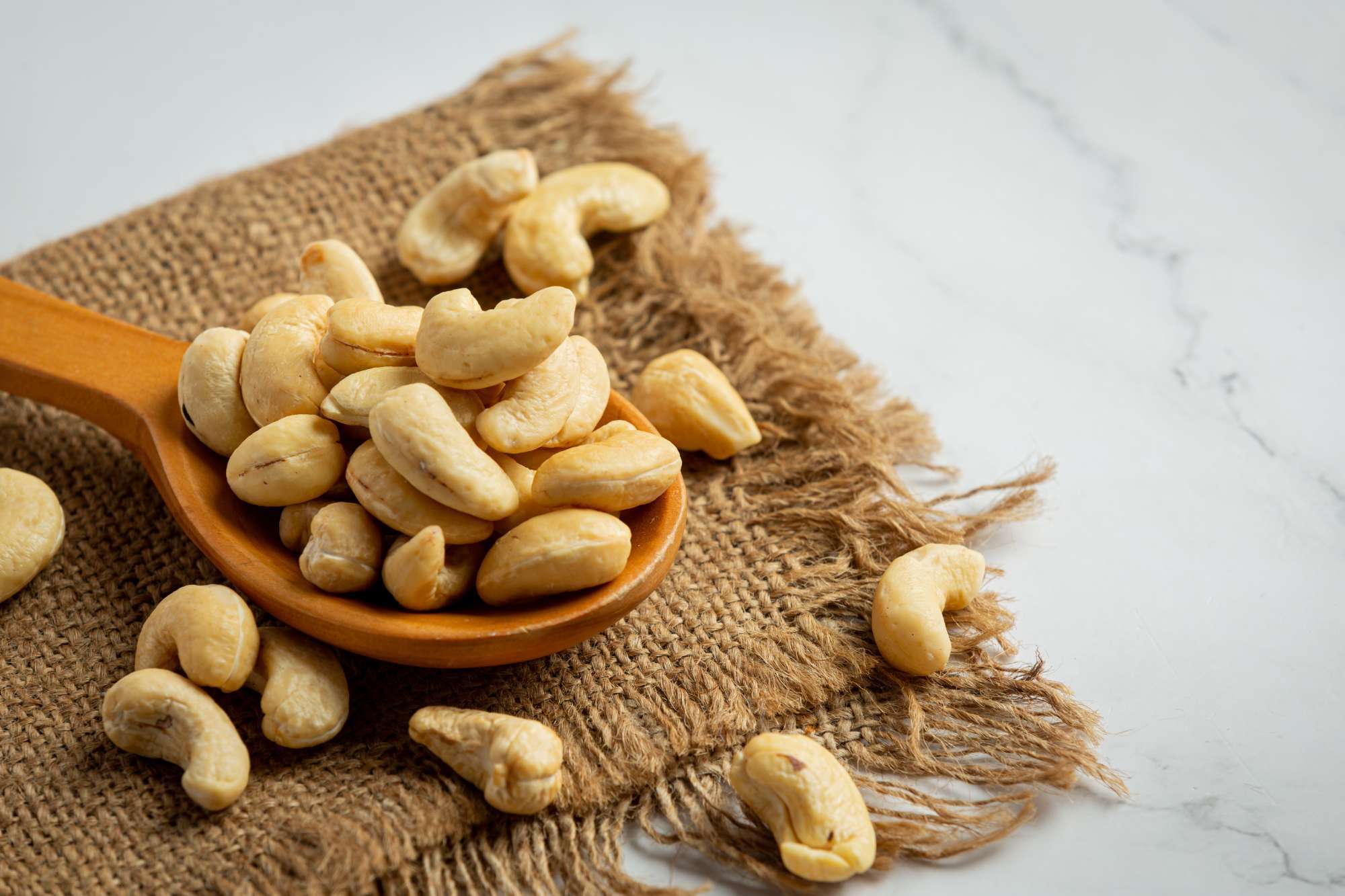
Cashew
Cashew Nuts contain a lot of vitamins, minerals and antioxidants such as vitamin E, vitamin K, vitamin B6, copper, phosphorus, zinc, magnesium, iron and selenium. Despite being rich in nutrients, cashews are slightly lower in fat than most other nuts.
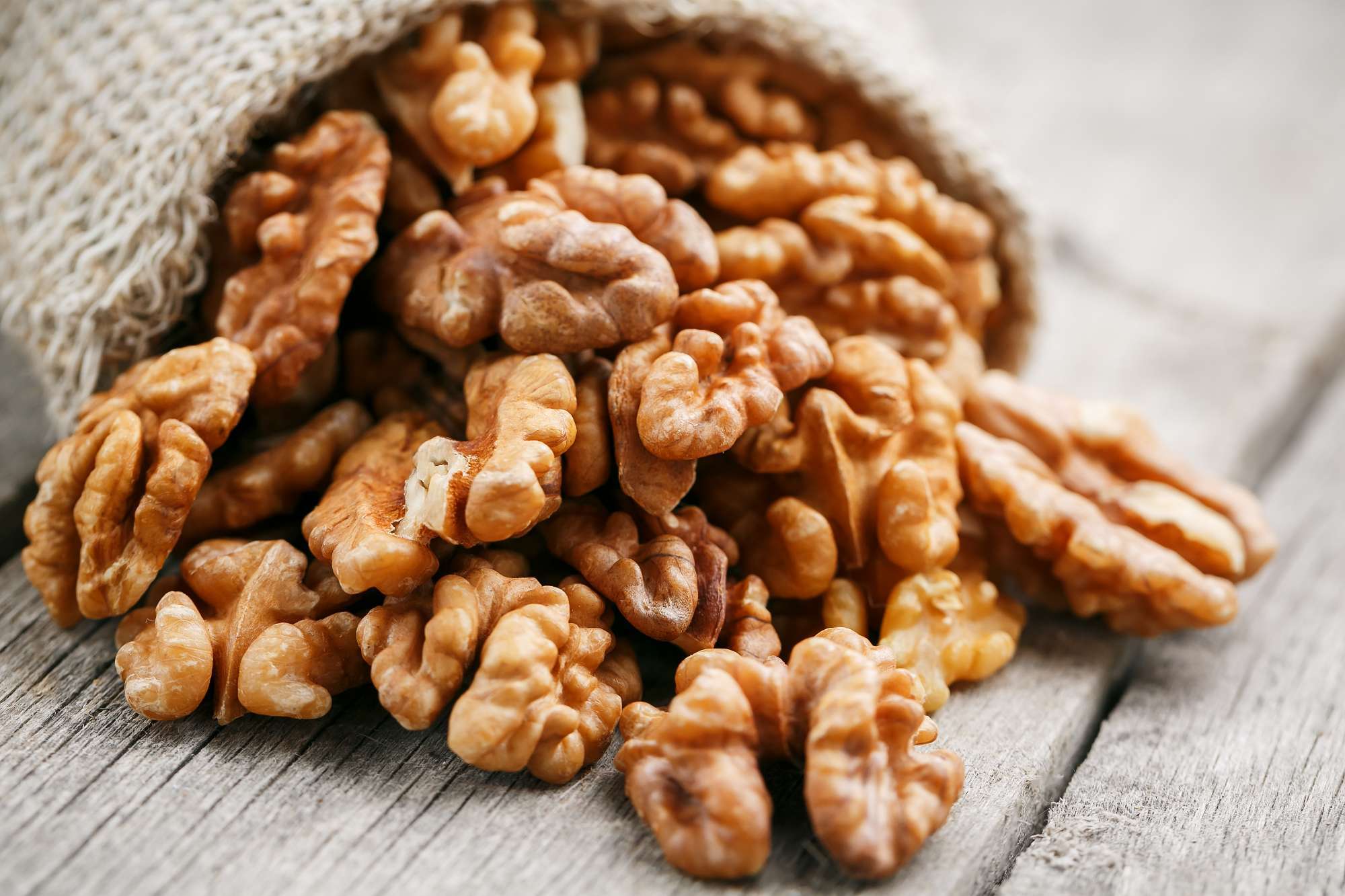
Walnut
Walnuts are increasingly being used as a product to help improve brain health, prevent heart disease and cancer. Walnuts are made up of about 65% fat and 15% protein, are low in carbs and most of them fiber. Although the shells are slightly bitter, walnuts have a mild, earthy and tangy taste.
References
2. Soy Isoflavones and Breast Cancer Risk
3. Isoflavones: benefits and side effects
4. Soy Isoflavones and Osteoporotic Bone Loss
5. Soy Protein, Isoflavones, and Cardiovascular Health
6. Dietary isoflavones or isoflavone-rich food intake and breast cancer risk
7. Isoflavones alter male and female fertility in different development windows
.jpg)
.jpg)
.jpg)